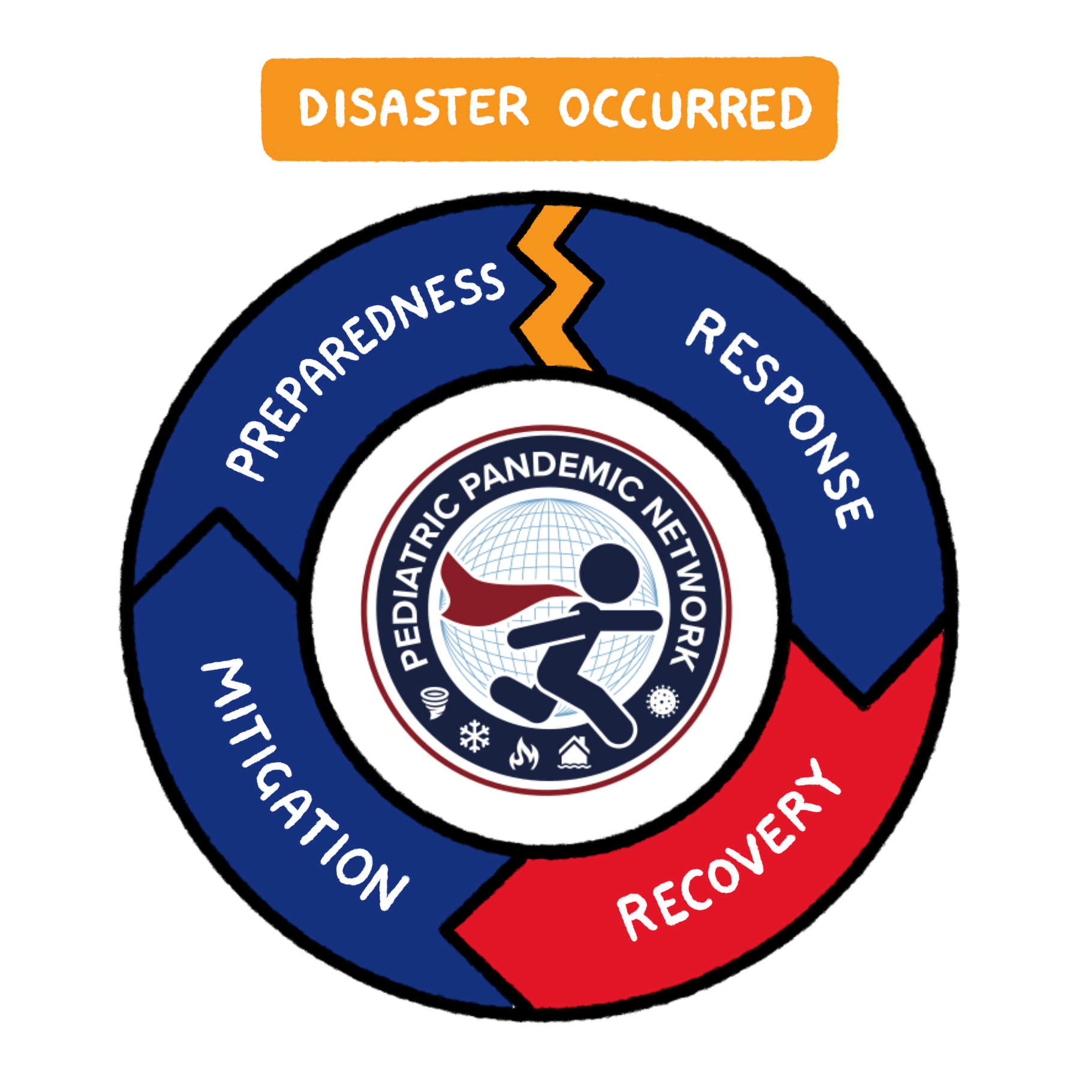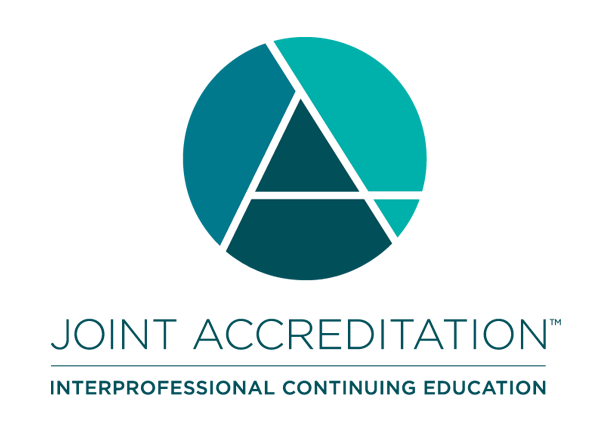Pediatric Behavioral Health in Disasters: Recovery
 Recovery strategies involve stabilizing and restoring all behavioral health supports in a coordinated effort to returning children and their families to their pre-disaster level of functioning, and/or a new normal.
Recovery strategies involve stabilizing and restoring all behavioral health supports in a coordinated effort to returning children and their families to their pre-disaster level of functioning, and/or a new normal.
Building Hope and Support for Recovery with Families
Behavioral health clinicians can share hope that recovery is possible. Interventions can mitigate the physical and mental health impact of toxic stress. It can be helpful to explain to patients and families that neural plasticity or brain plasticity allows the neural network in our brain to change through growth and reorganization. This means that our brains have the capacity to make new pathways with ongoing support and opportunities to heal. In treatment, we do not attempt to erase the trauma, but rather conceptualize the experience as only one part of the patient’s history or story. It is important to share with families that there are evidence-based interventions to treat posttraumatic stress disorder, anxiety disorders, and depressive disorders. The focus in therapy is to shift from experiencing cognitive distortions or negative thoughts to developing more adaptive ways to manage overwhelming feelings, thoughts and triggers.
Licensed Behavioral Health Clinical Interventions
Trauma-focused therapies use different techniques to help the child process the traumatic experience. Some of these techniques involve creating a trauma narrative to decrease reactivity in recalling memories of the event and reconstructing cognitive distortions or changing unhelpful beliefs about the trauma and resolving feelings related to grief and integrating positive memories (e.g. Trauma-Focused Cognitive Behavioral Therapy [TF-CBT]; Trauma and Grief Component Therapy for Adolescents [TGCT-A]; Eye Movement Desensitization and Reprocessing [EMDR]). All treatment modalities use coping skills for affect modulation and support familial attachments and safety nets. Interventions can vary in terms of recommended age range for implementation, modality (individual or group), and extent to which caregivers are involved. Interventions to target particular symptoms associated with trauma, such as sleep disruption, can also aid in recovery (e.g. Cognitive Behavioral Therapy for Insomnia [CBT-I]; Imagery Rehearsal Therapy [IRT]).
Actionable Steps
Take steps to determine what type of training is required to provide evidence-based trauma intervention. Identify online and in-person training, as well as opportunities for follow up consultation in an effort to support integrity to the treatment process. Share knowledge and resources with patients and their families to guide involvement in best practice treatment intervention. Possible trainings of interest include: TF-CBT Web Training: https://tfcbt2.musc.edu/, TF-CBT Certification Program: https://tfcbt.org/, and training through the EMDR Institute: https://www.cebc4cw.org/topic/trauma-treatment-client-level-interventions-child-adolescent/. For further information on evidence-based treatments available for children and families exposed to trauma, visit: The California Evidence-Based Clearinghouse for Child Welfare: https://www.cebc4cw.org/search/results/?keyword=emdr.
Target Audience
- Nurses
- Nurse Practitioners
- Physicians
- Physician Assistants
- Psychologists
- Social Workers
Learning Objectives
- Identify 3 strategies associated with imagery rehearsal that can improve sleep.
- Identify key components of CBT-I and training resources.
- Understand core components of TF-CBT including the PRACTICE model.
Joint Accreditation Statement
In support of improving patient care, this activity has been planned and implemented by Children’s National Hospital. Children’s National Hospital is jointly accredited by the Accreditation Council for Continuing Medical Education (ACCME), the Accreditation Council for Pharmacy Education (ACPE), and the American Nurses Credentialing Center (ANCC), to provide continuing education for the healthcare team. Children’s National Hospital Accreditation Provider# 4008362


Available Credit
- 1.00 ACPE PharmacistChildren’s National Hospital is accredited by the Accreditation Council for Pharmacy Education (ACPE) as a provider of continuing pharmacy education. This program meets ACPE criteria for 1.00 contact hours.
- 1.00 AMA PRA Category 1 Credit™Children's National Hospital designates this Enduring activity for a maximum of 1.00 AMA PRA Category 1 Credit™. Physicians should claim only the credit commensurate with the extent of their participation in the activity.
- 1.00 ANCCChildren's National Hospital will provide 1.00 Nursing Contact Hours for this Enduring activity.
- 1.00 APAContinuing Education (CE) credits for psychologists are provided through the co-sponsorship of the American Psychological Association (APA) Office of Continuing Education in Psychology (CEP). The APA CEP Office maintains responsibility for the content of the programs. All confirmed participants will earn 1.00 CE credits upon successful completion of the learning event and evaluation.
- 1.00 ASWBAs a Jointly Accredited Organization, Children’s National Hospital is approved to offer social work continuing education by the Association of Social Work Boards (ASWB) Approved Continuing Education (ACE) program. Organizations, not individual courses, are approved under this program. Regulatory boards are the final authority on courses accepted for continuing education credit. Social workers completing this course receive 1.00 continuing education credits.
- 1.00 General
- 1.00 ParticipationSuccessful completion of this continuing education activity.

 Facebook
Facebook X
X LinkedIn
LinkedIn Forward
Forward